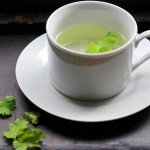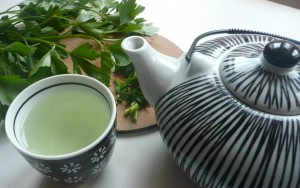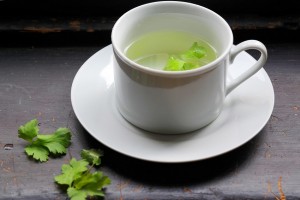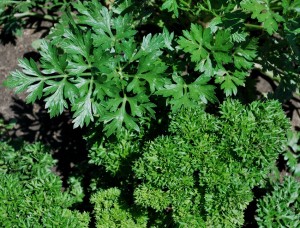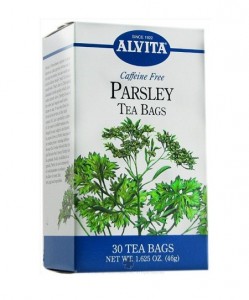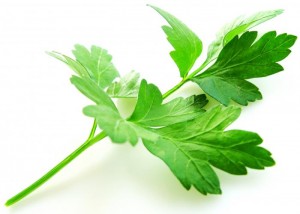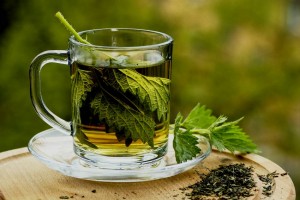Parsley Tea
What is parsley tea
A popular herbal drink, parsley tea, is prepared from the leaves of parsley, a biennial plant, commonly found in the central Mediterranean region. It is a beneficial remedy with a host of therapeutic uses for resolving several health conditions.
History and origin
In the past, the herbal decoction was an effective medical aid for bladder infections, jaundice, kidney stones, and digestive disorders. During World War 2, it was given to soldiers for treating gallstones, dysentery, and kidney ailments.
Parsley tea health benefits: What is it good for
Good source of antioxidants
Its antioxidant effects come from the presence of luteolin, a flavonoid, protecting the cells in the body from oxidative damage. Being rich in vitamin A and C, it might help in preventing serious disorders such as diabetes, and atherosclerosis by acting against the harmful free radicals. As a potential immune booster, vitamin A fights against infections. Having it during a cold may reduce soreness in the throat. Some research studies conducted on animals have also supported its use in improving the antioxidant capacity of blood.
Maintains cardiovascular health
It’s high folic acid content neutralizes the unwanted effects of an amino acid called homocysteine by converting it into benign molecules. This amino acid is associated with atherosclerosis, heart stroke, and diabetes-related heart ailments when present at higher levels in the blood. The vitamin B-12 and beta-carotene can reduce the LDL cholesterol levels, protecting the heart.
Anti-inflammatory properties
The vitamin C and beta-carotene in the herbal infusion have anti-inflammatory effects that could be useful for rheumatoid arthritis.
Cancer
Its folic acid, and vitamin A and C might help in cutting the risk of cervical and colon cancer. One of its volatile oil, myristicin has also been shown to have anti-cancer properties that may inhibit the growth of tumor cells in the lungs. The other volatile oils in the herbal tea have also been found to be effective against certain types of lung cancer-causing agents, including cigarette smoke.
Positive effects on respiratory system
Along with vitamin C, beta-carotene in the herbal tea has been shown to lower the symptoms of asthma. It is also a potential remedy for getting rid of the excess mucus in bronchitis.
Regulates menstruation and delayed periods
Its consumption could be effective for normalizing irregular menstrual cycles by inducing periods, owing to the presence of apiol, a constituent of the female sex hormone estrogen. Post delivery, its intake can help in shedding of the uterine lining by promoting uterine contractions. It may also relieve painful menstrual cramps.
Weight loss and detoxification
Due to the diuretic effects of potassium in the herbal infusion, the toxic wastes get eliminated from the body, detoxifying the liver, kidneys, and bladder, thereby helping in weight management as well as preventing edema caused by water retention. Some research studies have supported its use for getting rid of urinary infections and kidney and bladder stones.
Useful for anemia
A rich source of vitamin C and iron, it may increase iron absorption in the body, helping in managing anemia caused by iron deficiency.
Helps in digestion
It is believed to improve appetite by promoting digestion, reducing flatulence.
Drinking parsley tea can also reduce fatigue, fight bad breath, improve blood vessel elasticity, and keep the skin and bones healthy.
How to make parsley tea
- Pour 1/4 cup of fresh parsley leaves into an infusion basket
- Place the basket in a cup or teapot and add 1 cup of boiling water
- Steep it for 5 to 7 minutes
- Remove the basket to filter the mixture
- Make it taste sweet by adding honey and some lemon juice
Safety and Precautions
Side effects
Although it is considered to be safe for consumption, headache, giddiness, nausea, vomiting, bloody stools, convulsions, and confusion are some of the adverse effects that may occur due to increased intake. As the psolaren compounds in the tea may cause a photodermatitis reaction, its use must be discontinued in case of an allergic reaction in the skin when exposed to sunlight. As a result of high oxalic content, its consumption must be avoided by people having inflamed kidneys.
During pregnancy
In pregnant women, the use of parsley tea is strictly prohibited as it might induce abortion by stimulating the contraction of the uterine wall.
Where to buy
Dried parsley tea leaves and tea bags can be availed from several herbal tea shops and online stores.
References
- https://en.wikipedia.org/wiki/Parsley
- https://www.healthline.com/nutrition/parsley-tea
- https://www.organicfacts.net/health-benefits/herbs-and-spices/parsley-tea.html
- http://www.tandurust.com/alternativetherapies/parsley-tea-benefits-effects.html
- http://www.drugs.com/npc/parsley.html
- http://www.gardensablaze.com/HerbParsleyMed.htm
Article was last reviewed on 5th December 2022
Related Articles
Leave a Reply
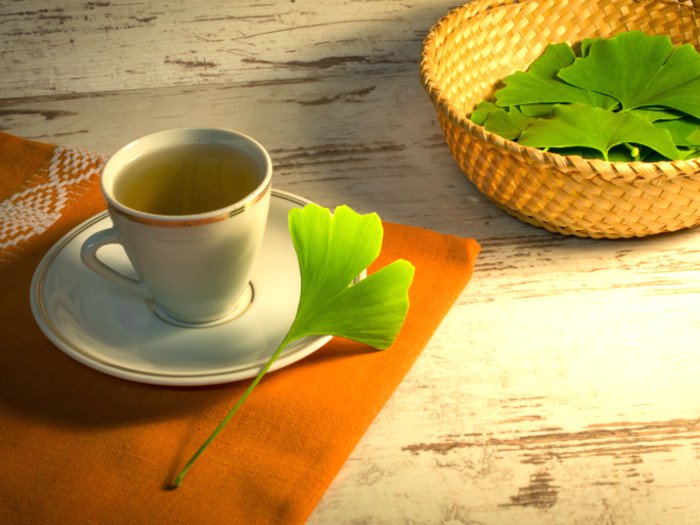
Ginkgo Biloba Tea
The Ginkgo Biloba tea is an herbal infusion obtained from the extract of the dried leaves
Read more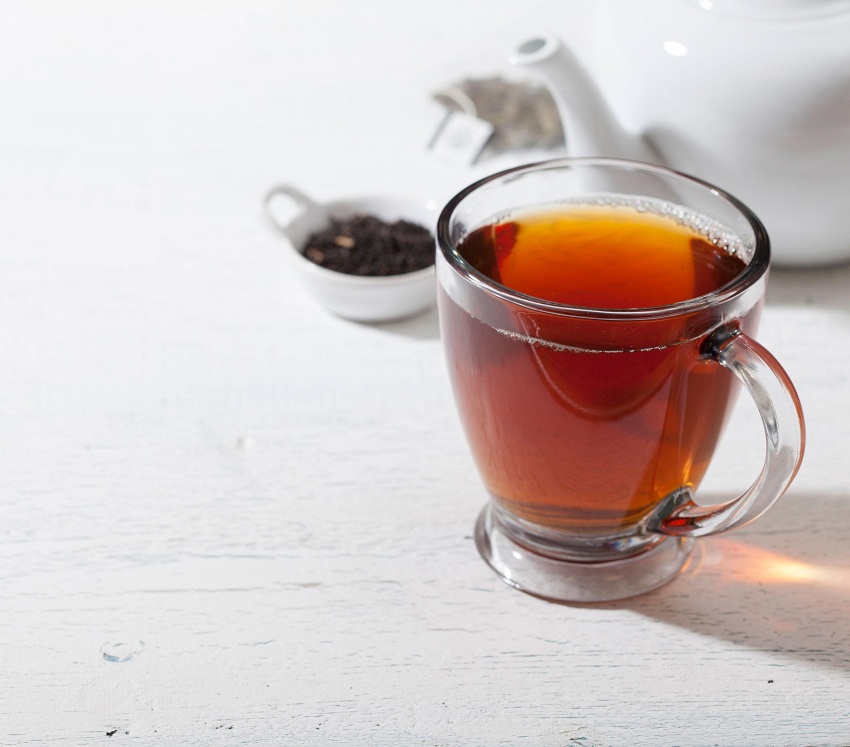
Black Tea
Black tea, belonging to the same group as the green, white and oolong teas is the most oxi
Read more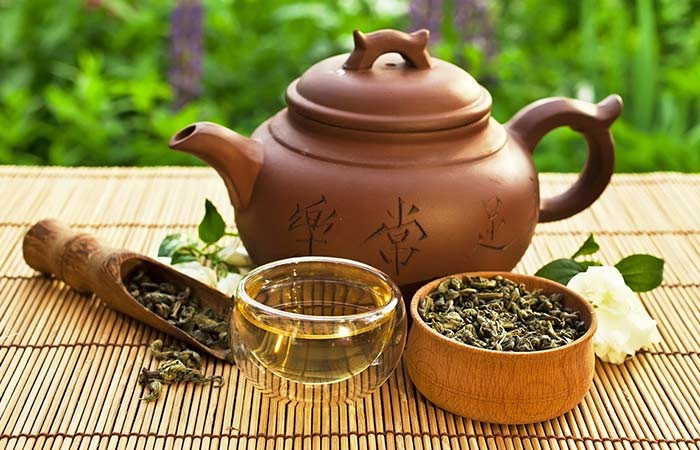
Oolong Tea
What is oolong tea Oolong, a traditional beverage of China, is prepared from the buds, st
Read more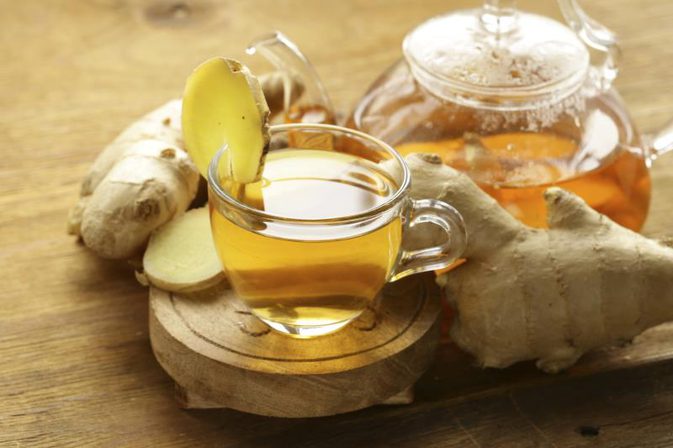
Ginger Tea
Ginger tea, prepared from the roots of ginger, is a popular herbal beverage of Asia. Becau
Read more
